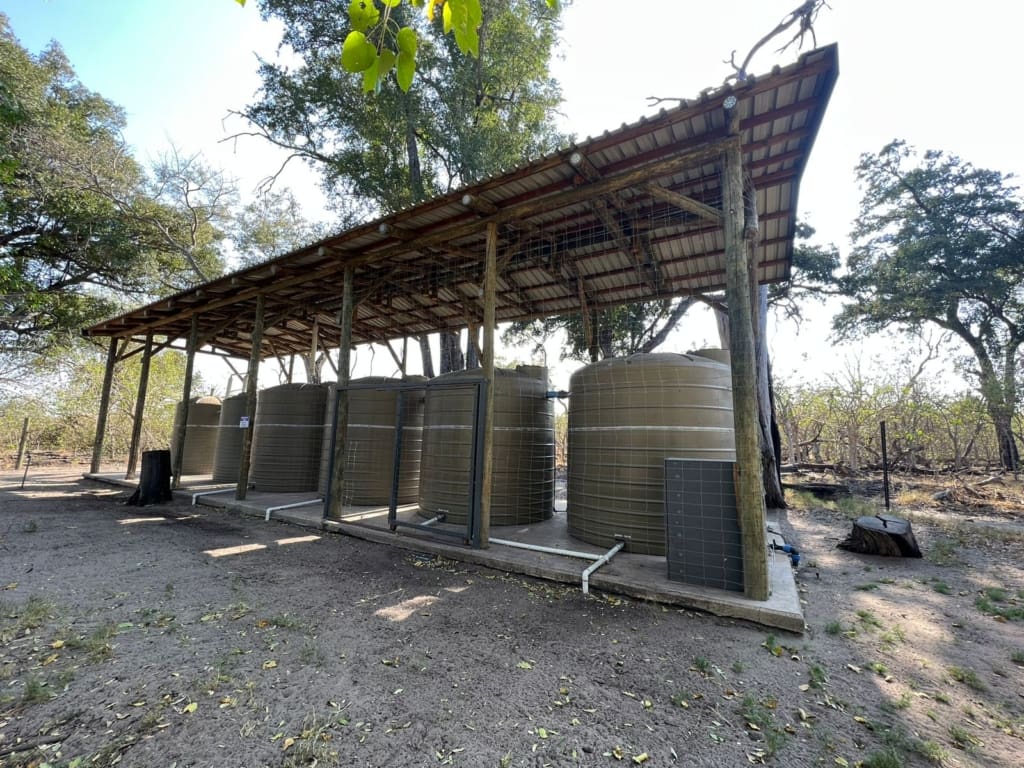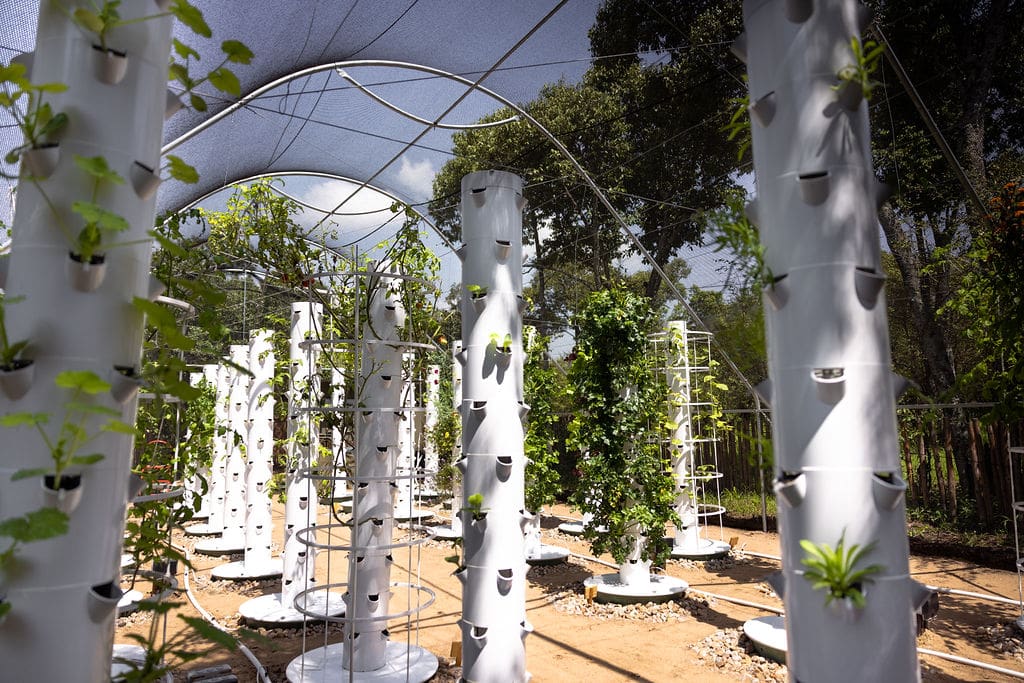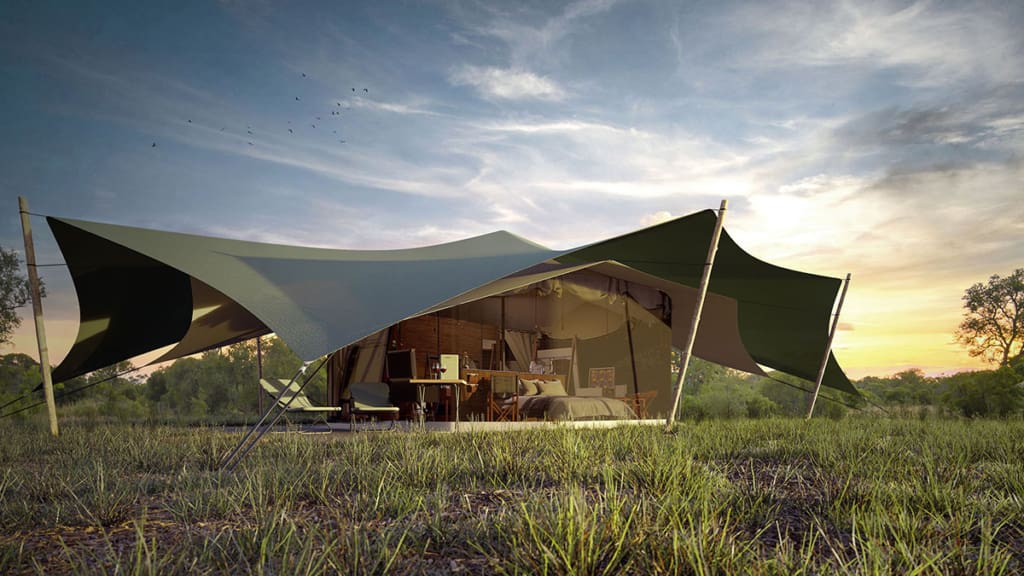For our modern travelers – welcome to the exciting world of sustainable safaris, where going green and traveling responsibly has never been more accessible or inspiring. If you’re the kind of traveler who not only seeks unique safari experiences but also values sustainable living, then keep reading.
At YPA, we’re all about responsible and sustainable travel. We believe that untouched, natural experiences are at the heart of African safaris, and that’s why many lodges and camps on the continent are leading the way in global green tourism trends.
As someone who already prioritizes the environment and community upliftment while traveling, you’ll be keen to learn about these six innovative and eco-friendly practices that make your safari experience not only unique but deeply meaningful:
- Embracing alternative power sources: Picture yourself surrounded by the wild beauty of Africa, knowing that the camp you’re staying at is powered entirely by solar energy. Many lodges now utilize photovoltaic systems to convert sunlight into electricity, and you’ll find some of the properties using electric vehicles running on lithium batteries. Take, for instance, Zarafa Camp in Botswana or Singita Lebombo in South Africa, both running almost entirely off the grid with the help of solar panels and lithium batteries.
- Managing waste in innovative ways: Maintaining a healthy and sustainable environment in remote locations is vital. Camps like Ishara Mara in Kenya use biogas digesting systems to turn composted waste into biofuel, while Nomad Tanzania’s nomadic camps provide compost toilets to minimize human impact.
- Prioritizing water conservation: Water scarcity affects many in Africa, and responsible lodges are making a difference. Camps like Xigera Safari Lodge in Botswana have extensive rainwater harvesting farms and filtration plants to ensure a steady supply of water even during droughts. They also invest in wastewater treatment to minimize their impact.
- Adopting sensible, seasonal food philosophies: Imagine enjoying seasonal, organic menus grown on-site or sourced locally, reducing transport costs and offering the freshest produce. Ishara Mara Camp’s ‘shamba of goodness’ uses solar-powered aeroponic towers for efficient vegetable growth, while Beagle Expeditions’ open-flame cooking conserves energy and creates a perfect bushveld ambiance.
- Saying goodbye to single-use plastic: Thankfully, conservation-minded safari camps have ditched single-use plastic bottles. So many camps now opt for reusable water bottles as a thoughtful gift for guests, reducing plastic waste.
- Leaving as light a footprint as possible: We admire mobile camps that pack up completely, leaving no trace behind. This respect for nature extends to camps like Wilderness’s luxury mobile tented operations, fully solar-powered and moving with the Great Migration in Tanzania – such as the newly opened Usawa.
So, YPA travelers, if you want to experience a safari like never before and contribute positively to the planet, ask us about safari options that are making a difference through their operations. The lodges and camps we’ve mentioned are just a few examples of the remarkable efforts being made to conserve the wild and embrace sustainable practices in Africa. Countless other destinations are also making great strides in this direction. The future of travel lies in these eco-conscious practices, allowing you to connect with nature while preserving it for generations to come.




